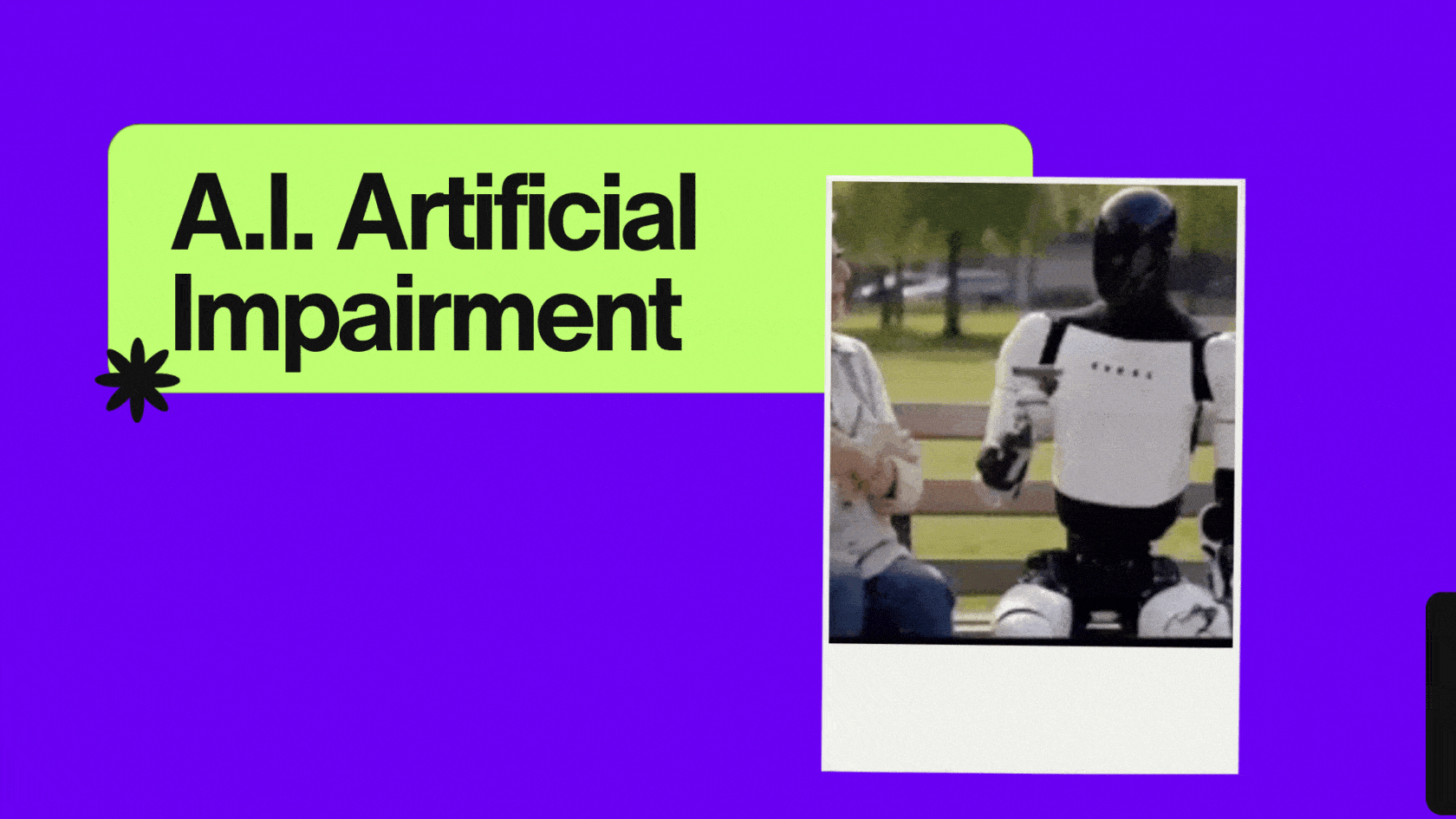
Unlocking Potential: The Power of Digital Programs in Enhancing Social Skills for Autistic Adults
Digital programs have emerged as powerful tools in enhancing social skills for autistic adults.
Introduction
For autistic adults, navigating social interactions can often pose significant challenges. However, with the rise of digital programs tailored to enhancing social skills, there's a newfound opportunity to unlock potential, foster connections, and empower individuals within the autism community. In this blog post, we'll explore the importance of these programs and the potential outcomes they offer.
Addressing Social Challenges
Autistic adults may face difficulties in understanding social cues, initiating conversations, or maintaining relationships. Digital programs designed to enhance social skills provide a structured and supportive environment for individuals to learn and practice these essential skills at their own pace. By addressing specific challenges in a systematic manner, these programs offer valuable insights and strategies for navigating social interactions more effectively.
Building Confidence and Self-Esteem
One of the key benefits of digital social skills programs is the boost they provide to individuals' confidence and self-esteem. As individuals progress through the program and acquire new skills, they gain a sense of accomplishment and empowerment. This newfound confidence translates into greater self-assurance in social settings, enabling autistic adults to engage more comfortably and assertively with others.
Fostering Meaningful Connections
Digital programs not only provide a platform for learning social skills but also offer opportunities for individuals to connect with like-minded peers. Through online forums, group activities, and virtual events, participants can engage in meaningful interactions, share experiences, and build supportive relationships. These connections play a crucial role in combating feelings of isolation and fostering a sense of belonging within the autism community.
Tailored to Individual Needs
One of the strengths of digital programs is their ability to tailor content and activities to the unique needs and preferences of each participant. Whether it's focusing on specific areas of social difficulty, providing personalized feedback, or accommodating sensory sensitivities, these programs offer a customizable approach that meets individuals where they are. This personalized support maximizes learning outcomes and ensures that individuals receive the assistance they need to succeed.
Real-Life Application and Generalization
While digital programs provide a structured learning environment, their ultimate goal is to facilitate real-life application and generalization of social skills. By incorporating role-playing scenarios, interactive exercises, and practical tips, these programs equip individuals with the tools and confidence to transfer their newfound skills into everyday social situations. Whether it's striking up a conversation at work, joining a social group, or attending a social event, participants are better prepared to navigate diverse social contexts with ease.
Conclusion
Digital programs have emerged as powerful tools in enhancing social skills for autistic adults, offering a structured, supportive, and customisable approach to learning. By addressing social challenges, building confidence, fostering connections, and promoting real-life application, these programs unlock the potential of individuals within the autism community, empowering them to lead fulfilling and meaningful lives. As we continue to harness the benefits of technology in supporting neurodiversity, the future looks brighter than ever for autistic adults striving to thrive in a social world.


.gif)
.gif)
